"For those on fixed incomes and retirees, these higher costs have become a burden"
While the availability of winter vegetables, except potatoes, rose, the costs of meat and fish remained high in the capital's kitchen market on Friday, January 19.
Vegetables were selling for Tk 20 to 30 per kg more than they were during the same period last year, even though their prices had dropped. According to Harun-Ur Rashid, a retired government official, the price of vegetables and all other items is exactly greater this year than it was in prior years.
A buyer and seller in the capital's Karwan Bazar vegetable market told Voice7 News that the cost per kg for potatoes, tomatoes, and carrots is typically Tk 20 to Tk 40 during this time of year. However, these goods are priced between 60 and 70 taka per kg depending on quality.
For those on fixed incomes and retirees, these higher costs have become a burden. Therefore, he claimed, lowering the price of vegetables by Tk 10 to Tk 20 per kg is not helping customers.
On Friday, though, practically every winter vegetable was selling in the Karwan Bazar for between Tk40 and Tk70 per kilogram.
In several marketplaces throughout the city, potatoes were selling for Tk60 to 70 per kg, onions for Tk70 to per kg depending on quality, garlic for Tk220 per kg, and ginger for Tk200 to 240 per kg.
However, there is still unease in the meat and fish markets. Sonaly chicken (a Pakistani kind) was selling for Tk320–340 per kg, while broiler chicken was selling for Tk200–220 per kg. The price of Beef, which was sold at Tk 650 in many places a couple of weeks ago, is now being sold at Tk 700 per kg everywhere.
A dozen brown eggs (hens) costs Tk 135–140; white eggs cost 5–10 taka less. The price per dozen of duck eggs was Tk 180–190, whereas the price per dozen of native domestic rearing chicken eggs was Tk 210.
Fish is currently more expensive than it was a few months ago. But the price per kg for carp, pangas, and tilapia was Tk220–260. The price of medium-sized fish, which weigh 1.5 to 2 kg and are farmed in Rui, Katla, and Mrigel, was Tk 300 to Tk 400 per kilogram, among other fish. Additionally, fish such as Hilsa, Pabda, Tengra, Koi, chital, and sheat (Boal) are not less than Tk600 per kilogram.
The cost of larger fish, such as coral, boal, and river pangas, ranged from Tk700 to 1100 per kg at Karwan Bazar in the city.
In response to the journalist's question over the price increase, AHM Shafiquzzama, Director General of the Directorate of National Consumers Rights Protection (DNCRP), stated that his office will begin an initiative to stop the atypical increase in the cost of these necessities.
Additionally, he stated that to keep costs under control, he had some months prior requested that various ministries and directorates take action to boost the supply of necessities like potatoes and onions.
Although the price of potatoes has increased, Shafiquzzama claimed that he found sufficient supply when visiting several cold storage facilities in various areas.
According to him, the government will choose to import potatoes and onions if the higher prices persist.
Vice-president of the Consumers Association of Bangladesh, SM Nazer Hossain, stated that rising inflation has resulted in record commodity prices for Bangladeshi consumers.
For millions of the nation's impoverished, farm eggs, broiler chicken, and farmed fish are essential sources of protein, he claimed.
Many people are being forced to reduce their intake of protein and other foods high in nutrients due to the rising costs of all these products, according to Nazer.
End//voice7news.tv



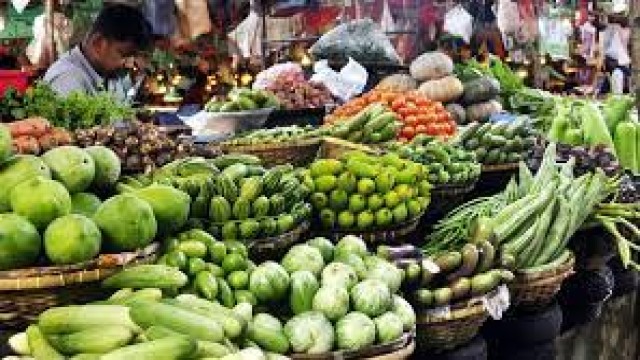
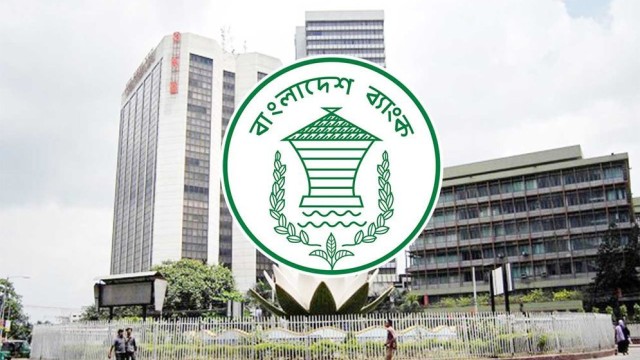



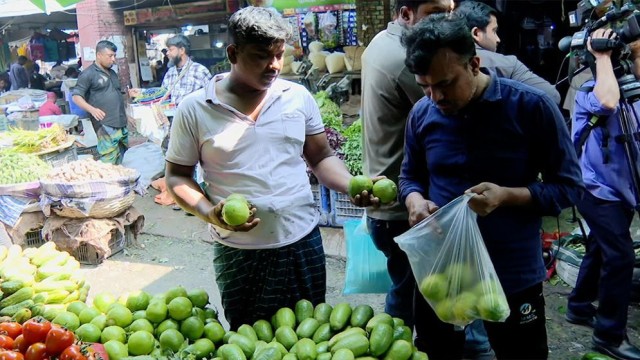






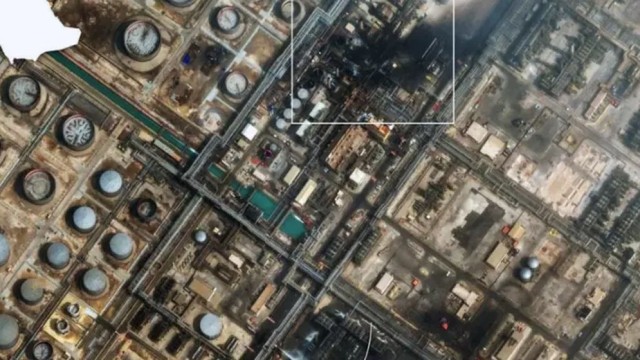

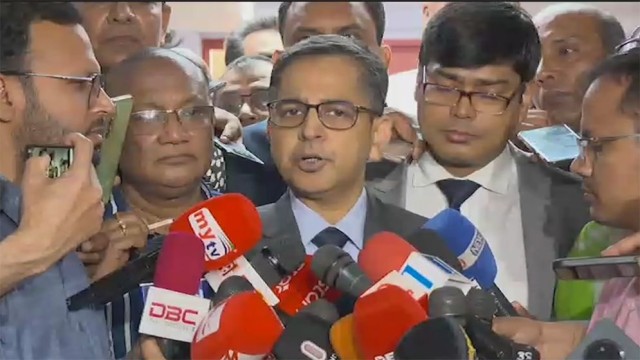
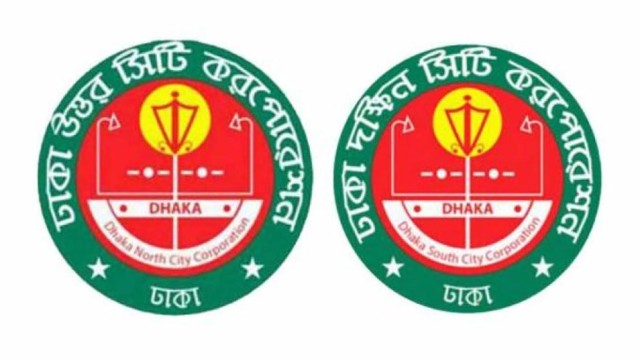










Comment: